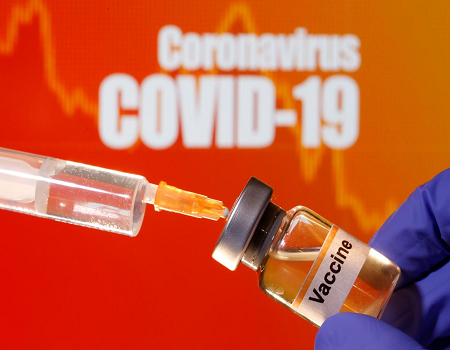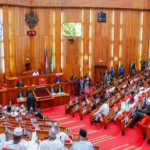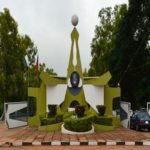A new survey conducted by the Partnership for Evidence-Based Response to COVID-19 says the distrust in the COVID-19 vaccine by Nigerians is partly linked to misinformation driven by religious beliefs.
This was even as it stated that two-third of Africans expressed willingness to get vaccinated.
The report, released by the Partnership for Evidence-Based Response to Covid-19 (PERC) Consortium said, this however is shrouded with sentiments especially in Nigeria where there is a general distrust in national plans to distribute vaccines, which in part is spurred by misinformation driven by religious beliefs, particularly in Northern Nigeria.
“Given that 70 per cent of survey respondents reported trusting religious institutions, the success of vaccine uptake could depend on whether local religious organizations take part in positive vaccine messaging to encourage uptake,” it states.
The consortium is made up of public health organizations such as the Africa Centre for Diseases Control and Prevention; Resolve to Save Lives, an initiative of Vital Strategies; the World Health Organization; the UK Public Health Rapid Support Team; the World Economic Forum and private sector firms such as market research company, Ipsos.
In the 19 member countries surveyed, the report states that 91% of the people surveyed in Morocco were most interested in receiving the vaccines while Tunisia and Cameroon had the lowest number of people, at 35 per cent. The report disclosed levels of acceptability in other countries as follows; South Africa (61 per cent), Zimbabwe (61 per cent), Zambia (53per cent), Mozambique (75 per cent), Egypt (78 per cent), and the Democratic Republic of Congo (52 per cent).
The new briefs (part of the third series of data collection and analysis from PERC) combined results from phone surveys on the impact of public health and social measures (PHSMs) with information on epidemiological trends, media monitoring, and data on population mobility.
Dr Emmanuel Agogo, the Nigeria Country Representative of Resolve to Save Lives who spoke during a webinar hosted by the African Centre for Diseases Control, public strategy firm, Gatefield, and the Global Health Advocacy Incubator, to engage journalists on the issue of COVID-19 vaccines safety, effectiveness, and distribution, outlined reasons for vaccine hesitancy identified in the research.
He also urged the media to take responsibility for enlightening audiences.
“Journalists can inform and increase public confidence in vaccines,” Agogo said.
He further encouraged journalists to avoid sensationalism in reporting on vaccines and distribute reliable and accurate information.
Agogo said: “Journalists should do research, check the facts and use trusted sources of information.”
In the presentation, the Africa CDC recommended that African countries should continue the rollout of the vaccine.
YOU SHOULD NOT MISS THESE HEADLINES FROM NIGERIAN TRIBUNE
We Have Not Had Water Supply In Months ― Abeokuta Residents
In spite of the huge investment in the water sector by the government and international organisations, water scarcity has grown to become a perennial nightmare for residents of Abeokuta, the Ogun State capital. This report x-rays the lives and experiences of residents in getting clean, potable and affordable water amidst the surge of COVID-19 cases in the state…Survey links distrust Survey links distrust
Selfies, video calls and Chinese documentaries: The things you’ll meet onboard Lagos-Ibadan train
The Lagos-Ibadan railway was inaugurated recently for a full paid operation by the Nigerian Railway Corporation after about a year of free test-run. Our reporter joined the train to and fro Lagos from Ibadan and tells his experience in this report…Survey links distrust Survey links distrust
WATCH TOP VIDEOS FROM NIGERIAN TRIBUNE TV
- Let’s Talk About SELF-AWARENESS
- Is Your Confidence Mistaken for Pride? Let’s talk about it
- Is Etiquette About Perfection…Or Just Not Being Rude?
- Top Psychologist Reveal 3 Signs You’re Struggling With Imposter Syndrome
- Do You Pick Up Work-Related Calls at Midnight or Never? Let’s Talk About Boundaries







